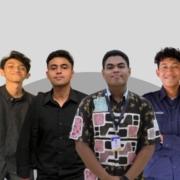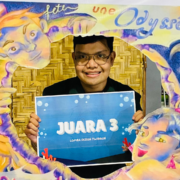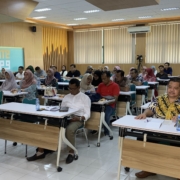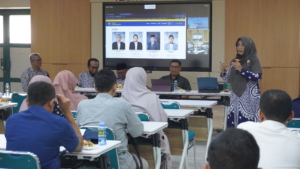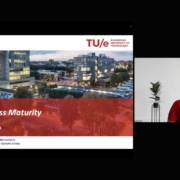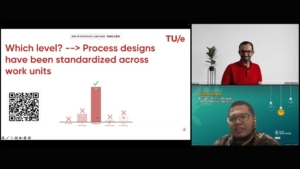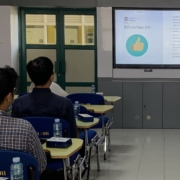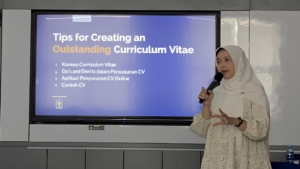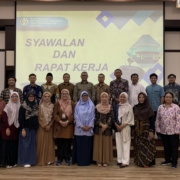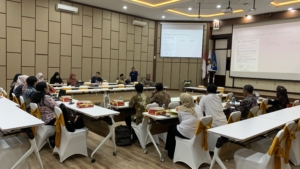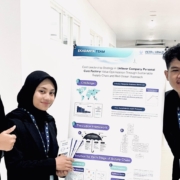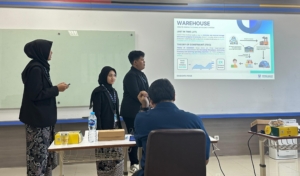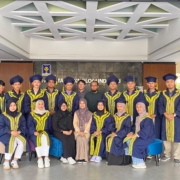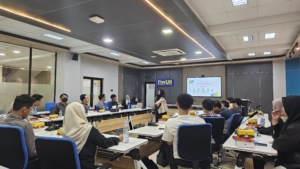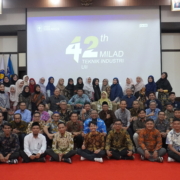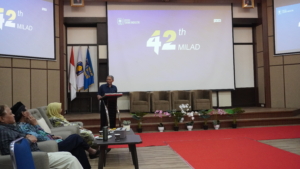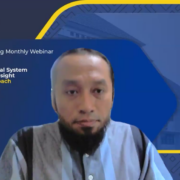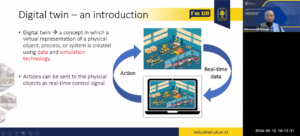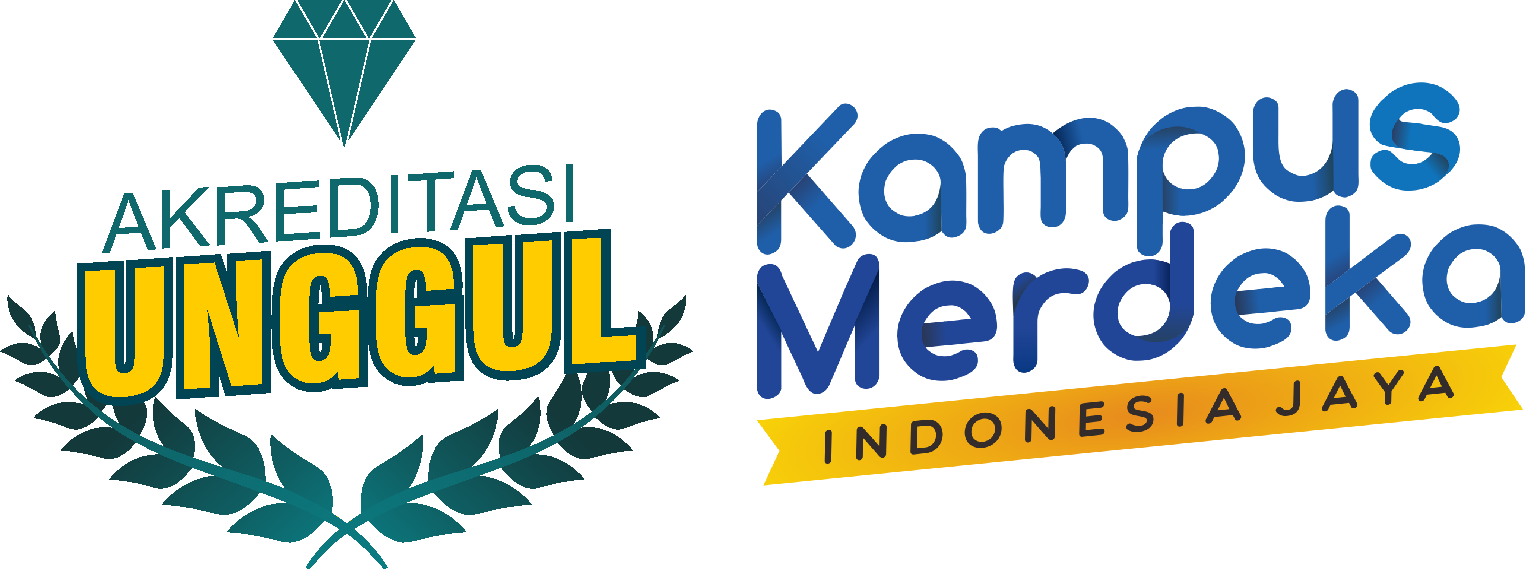A group of UII Industrial Engineering students made achievements in the Administratio Creative Writing Competition 2024. The competition themed “Ideas with Action to Face the Future” is an annual event of the Faculty of Administrative Sciences, Universitas Brawijaya. The competition took place on (8-31/5) and was attended by active students throughout Indonesia.
The team consists of Zahid Anugrah Muzaffar Rana, Inggil Tahta Haritza, Rangga Pamungkas Putradharma, and Azhar Anargya Aryasatya. They are all UII Industrial Engineering students class of 2022. The award they won was the 1st Winner in the Opinion Competition branch with the essay “SAFETO: Artificial Intelligence-Based Data Storage Security Improvement Solution Through Three Integrated Processes”.
In this competition, they were challenged to find solutions to problems arising from the development of Artificial Intelligence as data storage. The case study they had to solve was about the data leak experienced by Bank Syariah Indonesia. The competition takes place online, then the solutions they submit will be collected to be assessed by the judges regarding originality, content suitability, essay quality, and others.
Zahid shared the competition process they went through, from conducting in-depth research on the problem to gathering information from various international journals. Not only that, as preparation, they have also conducted various research related to Artificial Intelligence even before their case study was announced in the Technical Meeting. Furthermore, based on the case study research that had been done, they proposed a solution in the form of increasing data storage security by utilizing Artificial Intelligence based on three integrated processes, starting from pre-processing, on-going, and post-processing.
“It’s really exciting because the competition is related to Artificial Intelligence which is currently being widely discussed by the public,” they said. They also advised students who want to take part in similar competitions to remain enthusiastic and never stop trying, and pray to Allah SWT to always be given ease or smoothness. The spirit to always try and seek new experiences is the key to success in every competition.
Salwa Nur Rahma

